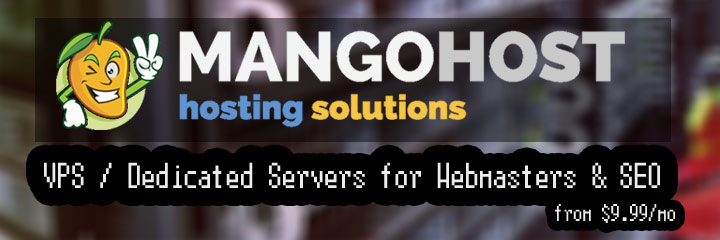
 Get the solution ↓↓↓
Get the solution ↓↓↓
I'm just thinking of API versioning data objects. Let's say you have an object car, which looks like this in version 1 (directory v1):
class Car {
protected $color;
protected $brand;
protected $price;
protected $custom;
// getters and setters
}
In version 2, the data object changes (directory v2, $custom removed, added new property $exhaust):
class Car {
protected $color;
protected $brand;
protected $price;
protected $exhaust;
// getters and setters
}
We thought of making a "mapper" class, so that we are able to work with different versions in the business logic, e.g.:
Class CarMapper extends Mapper
{
// needs to have all member variables from all versions
protected $color;
protected $brand;
protected $price;
protected $custom;
protected $exhaust;
public function out($object)
{
$mapperObj = new self();
// you need to do this for each version of a data object and
// prepare the mapperObj according the members of the object for
// this version
if ($object instanceof CarV1) {
$mapperObj->color = $object->color;
...
}
return mapperObj;
}
}
I think this approach will lead a "bloated" Mapper class and I thought there might be a better solution using a design pattern. Could we use a factory pattern here?
I'm don't know what is your situation is but have wrote two object versions is not a best solution. So if you have no ideas to avoid it then you of course you can use the design pattern named factory method https://refactoring.guru/design-patterns/factory-method
In your case it will be something like this
const VERSION = 1;
$app = new App(VERSION)
$car = $app->getCar();
class App
{
private $version;
public function __construct($version)
{
if ($version === 1) {
$this->car = new CarV1()
} elseif ($version === 2) {
$this->car = new CarV2()
} else {
//Something else
}
$this->version = $version;
}
public function getCar()
{
return $this->car;
}
}
Our community is visited by hundreds of web development professionals every day. Ask your question and get a quick answer for free.
Find the answer in similar questions on our website.
Do you know the answer to this question? Write a quick response to it. With your help, we will make our community stronger.
PHP (from the English Hypertext Preprocessor - hypertext preprocessor) is a scripting programming language for developing web applications. Supported by most hosting providers, it is one of the most popular tools for creating dynamic websites.
The PHP scripting language has gained wide popularity due to its processing speed, simplicity, cross-platform, functionality and distribution of source codes under its own license.
https://www.php.net/

Welcome to the Q&A site for web developers. Here you can ask a question about the problem you are facing and get answers from other experts. We have created a user-friendly interface so that you can quickly and free of charge ask a question about a web programming problem. We also invite other experts to join our community and help other members who ask questions. In addition, you can use our search for questions with a solution.
Ask about the real problem you are facing. Describe in detail what you are doing and what you want to achieve.
Our goal is to create a strong community in which everyone will support each other. If you find a question and know the answer to it, help others with your knowledge.